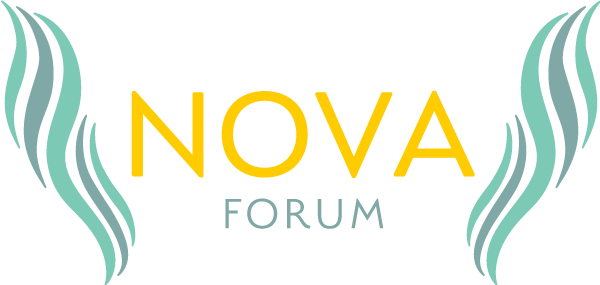What is human flourishing? What insights might we draw from the humanities? What insights might we draw from the empirical sciences? Many empirical studies throughout the social and biomedical sciences and many policy discussions focus only on very narrow outcomes such as income, or a single specific disease state, or measures of feeling happy. Human well-being or flourishing, however, consists in a much broader range of states and outcomes. Flourishing might be understood as living in a state in which all aspects of a person’s life are good including, but not limited to, affective happiness and life satisfaction, physical and mental health, meaning and purpose, character and virtue, and close social relationships. The empirical literature from the most rigorous studies is reviewed in attempt to identify major determinants of, and resources for, human flourishing. Special attention will be given to the role of religious communities in the promotion of flourishing. Empirical research indicates that participation in religious community is subsequently associated with a range of health and well-being outcomes including longevity, mental health, happiness, meaning in life, marital stability, and many others. Moreover, religious life is itself often a central means to a greater spiritual well-being. Discussion will be given to the implications of a broader conception of human flourishing for personal well-being, for research, and for policy.
Tyler J. VanderWeele, Ph.D., is the John L. Loeb and Frances Lehman Loeb Professor of Epidemiology in the Departments of Epidemiology and Biostatistics at the Harvard T.H. Chan School of Public Health, and Director of the Human Flourishing Program and Co-Director of the Initiative on Health, Religion and Spirituality at Harvard University. His empirical research spans psychiatric and social epidemiology; the science of happiness and flourishing; and the study of religion and health. He is the recipient of the 2017 Presidents’ Award from the Committee of Presidents of Statistical Societies (COPSS). He has published over four hundred papers in peer-reviewed journals; is author of the books Explanation in Causal Inference (2015), Modern Epidemiology (2021), and Measuring Well-Being (2021).
This lecture is cosponsored by the In Lumine Network, the Department of Public Health Sciences, the Program on Medicine and Religion at the University of Chicago, the Nova Forum, the Collegium Institute, Fons Vitae at Duke University, the St. Anselm Institute, and the Kateri Institute at the University of Michigan.
It is made possible through the support of ‘In Lumine: Supporting the Catholic Intellectual Tradition on Campuses Nationwide’ (Grant #62372) from the John Templeton Foundation.
Date: Jan. 22
Time: 5:30-7:00 P.M. CST
Location: Virtual (Zoom)
